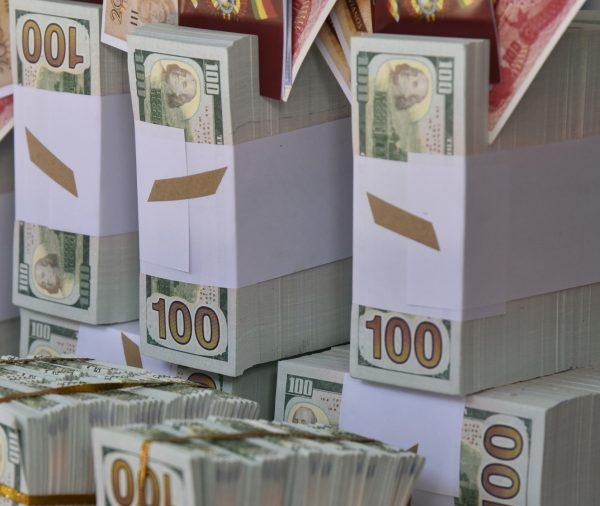A South Carolina man was sentenced to two years in jail followed by three years of supervision on Nov. 29 for making and passing fake money.
There is no parole in the federal system.
Michael James Bembry, 29, was involved in a conspiracy to manufacture and pass counterfeit $100 and $50 bills in South Carolina, North Carolina, Pennsylvania, and New Jersey, the U.S. Attorney’s Office in the District of South Carolina said in a press release.
He pleaded guilty in federal court to conspiracy to manufacture and pass counterfeit money in July 2018.
Bembry has been charged for similar crimes in both South Carolina and Pennsylvania. The Pennsylvania charges were afterward transferred to South Carolina and he pleaded to both before U.S. District Judge Bryan Harwell in July.
According to the attorney’s office, at least nine defendants who were involved in the conspiracy, which began in 2015, were responsible for making and passing over $100,000 in counterfeit money.
Bembry and the other conspirators manufactured counterfeit money at several residences in Florence, South Carolina, and in a room at the Roosevelt Hotel in Philadelphia, Pennsylvania.
They produced counterfeit $100 bills on genuine currency paper, then visited various local businesses, where they would purchase small items or services with the counterfeit $100 bills in order to obtain genuine currency as change.
In May 2015, the authorities seized multiple counterfeit $100 bills, a genuine $100 “parent note,” a printer, and other counterfeiting materials from a car being driven by Bembry in Egg Harbor Township, New Jersey.
He was also found passing a counterfeit $100 bill at a business in Bryson City of North Carolina in July 2016, the attorney’s office stated.
The case was investigated by agents of U.S. Secret Service with the assistance of the Florence County Sheriff’s Office, the Florence Police Department, the Egg Harbor Township Police Department, and the Bryson City Police Department.
The Federal Reserve reminds us that the best way to determine whether a note is genuine or not is to rely on the security features, such as the watermark and security thread.
Counterfeit detection pens are not always accurate and may give you false results.
A counterfeit note cannot be exchanged for a genuine one, and it is illegal to knowingly pass counterfeit currency.
“It is important to know what the security features are in genuine currency because if you end up with a counterfeit note, you will lose that money,” the Federal Reserve explains in a currency education web article.
For people living in the United State, the Federal Reserve urges them to notify the U.S. Secret Service or the local police immediately if they suspect they have received a counterfeit note.
“Try to remember the physical characteristics of the person who passed the suspect counterfeit, and if possible write down the person’s license plate number and vehicle description. Store the suspect counterfeit apart from genuine currency and release it as soon as possible to law enforcement authorities,” the Federal Reserve wrote.
People living outside the United State should notify the U.S. Secret Service field office to report counterfeit currency.
The Associated Press contributed to this report.


